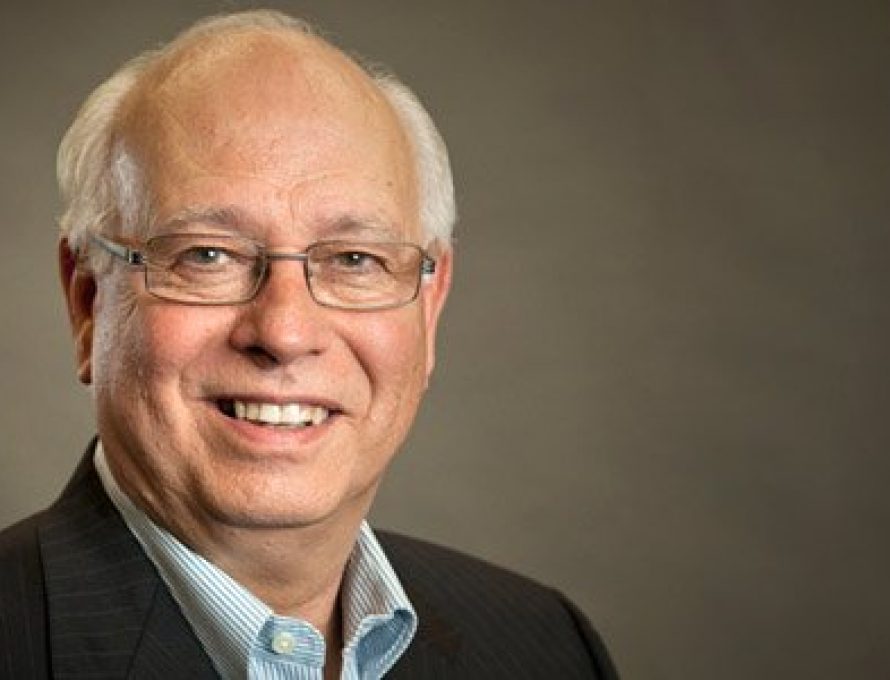James, the first-century pastor of the embryonic church in Jerusalem, was given the task of instructing the diaspora with truth that honors God. James doesn’t pull any punches in his inspired writing to the churches scattered all over West Asia and the Middle East. Obviously, he knew that churches without clarity of truth tend to isolate themselves and drift into all kinds of aberrant behavior fueled by the flesh of humanity. As a result, they have the potential to discredit the Lord Jesus.
Listen to this one verse, James 1:27: “Faith (Religion) that God our Father accepts is pure and faultless is this: look after orphans and widows in their distress and keep oneself from being polluted by the world.” Powerful, poignant statement that gives the church or a network of churches clarity about one of its primary tasks for being the people of God on mission with God.

How can one local church in our Western context follow through with this instruction? Which one of our churches on its own provides companionate, comprehensive care for widows and for orphans? The vast number of children locked into this state’s foster care system is mind boggling. I have heard a range of 13,000 to 15,000 children, who have, for various reasons, become the state court’s responsibility. Authentic care for widows (widowers) is usually a family responsibility, but what happens when there is not a functional family, or the local church is too small to set aside hundreds of thousands of dollars and millions of assets to provide comprehensive care for the widow (widower)?
One church cannot, but we, a network of many MBC churches, can make a huge difference. Missouri Baptists, years ago, when systems of care were much smaller, began two powerful ministries – The Baptist Home (now Baptist Homes & Healthcare Ministries), and the Missouri Baptist Children’s Home. These ministries have grown in complexity and comprehensiveness, with a focus on the compassion of Jesus for every child and widow under the wing of our care.
How did our churches do that? Primarily, because of the Cooperative Program, generous direct gifts from individuals/foundations, and fees from the government. The Cooperative Program is the conduit MBC-affiliated churches use in obedience to the Scripture to provide comprehensive care for orphans and widows. And a whole lot more.
The Cooperative Program is like a river that begins with a rain drop that, with other rain drops, forms a massive river of ministry and missions. The CP creates the resources for networking churches to be part of ministry to “widows and orphans” while at the same time providing scholarships to our six seminaries, placing 3,500 international missionaries on the field, supporting chaplains in our military, and providing some level of support for church planters. At the same time, the CP enables our network of churches to support the work of our three universities (Hannibal-LaGrange, Missouri Baptist University, and Southwest Baptist University).
In recent days, the Cooperative Program has experienced some very special challenges. Those challenges are not related to our MBC ministries and missions, but more so with our Southern Baptist Convention partners. Those partners include the International Mission Board, the North American Mission Board, six SBC seminaries (including our very own seminary located in Kansas City), the Ethics & Religious Liberty Commission, and the SBC Executive Committee.
Each of these receives an allocation from the Cooperative Program.
Historically, Missouri Baptists are adaptive to challenges. We have creatively provided ways for churches to accomplish the cooperative mission of “transforming lives and communities with the gospel.” And we celebrate our churches giving through the Cooperative Program.
Normally, churches give through the CP a percentage allocation from the undesignated gifts they receive. Your MBC financial staff distributes the resources according the budget allocation plan adopted by messengers at the Annual Meeting.
We now offer our churches a way to give to the MBC and any of the SBC ministries your church chooses to support as listed on the form your church treasurer uses to send your church’s contribution. We call this “Plan B,” and about 300 MBC churches give to CP this way. Both Plan A and Plan B count toward your church’s support of the Cooperative Program.
In this issue of The Pathway, you will find our annual report of gifts given by our churches through the Cooperative Program in 2022. I know church treasurers and pastors use this information to verify their church’s giving through the CP. Make certain it is accurate. Other’s may see the mission dollars given as an opportunity to pray for churches that are prospering and for those experiencing challenges.
But remember, the report is not an opportunity to compare your church with other churches. It’s a time to celebrate the comprehensive care and strategies our churches engage in to further the gospel for the glory of the Lord.

